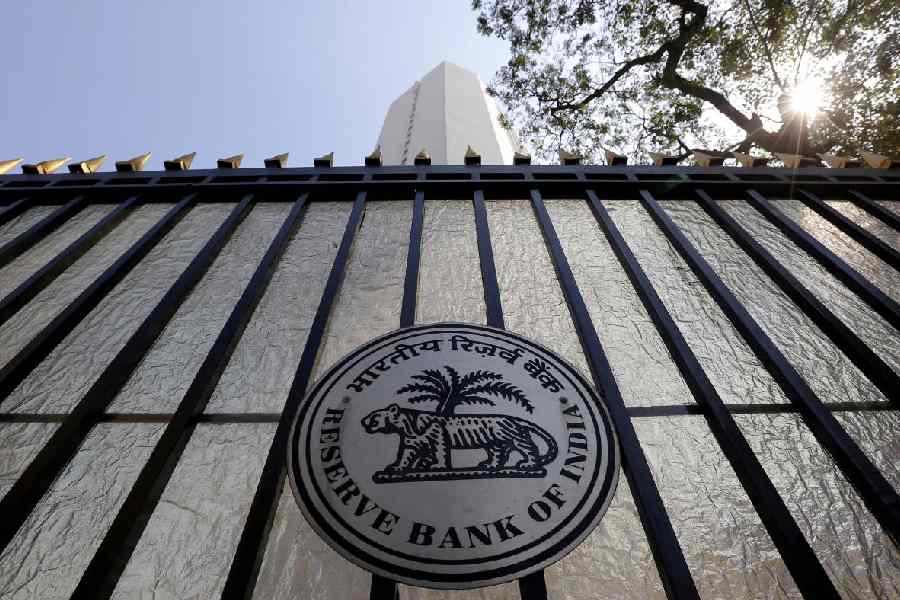New Delhi, April 16: French contender Rafale has been knocked out of the race for the Indian Air Force’s $10.2-billion contract for 126 multi-role fighter aircraft, in a development bound to impact Delhi’s diplomatic relations with Paris.
Touted as state-of-the-art multi-role combat aircraft from Dassault Aviation, Rafale was ejected at the technical evaluation stage of the competition for the Rs 50,800-crore order, probably the largest involving fighter planes in the world today.
This means the aircraft was not found eligible for practical summer and winter trials when the IAF would put the other contenders through the demands it made in the Requests for Proposals to which the bidders have responded.
The ejection of Rafale at such an early stage of the race has come as a surprise for two reasons.
First, the IAF has a good experience with the Dassault-manufactured Mirage 2000 that are at the frontline of its combat fleet.
Second, France claims it has stood by India through thick and thin in trying times, such as after the 1998 Pokhran nuclear tests when western countries led by America imposed sanctions on military trade with Delhi.
France is also currently executing a submarine deal for India’s navy.
Defence sources here would not detail the reasons behind Rafale’s disqualification at this stage beyond stating that it did not meet the General Staff Quality Requirements.
The aircraft still in the race for the contract are: Lockheed Martin’s F-16 Fighting Falcon christened Super Viper for India, Boeing’s F/A-18 Superhornet, Saab’s Gripen, RAC Mig Corporation’s MiG 35 and the EADS (European consortium’s) Eurofighter Typhoon.
Early in the race, even before the Requests for Proposals (global tenders) were issued, the Mirage 2000-V had opted out.
France was the first country to enter into a civilian nuclear deal with India after the Indo-US nuclear pact and the NSG waiver to Delhi for nuclear commerce with member countries.
The $10.2-billion aircraft deal mandates 50 per cent re-investment (offset), meaning that the winner of the bid would have to plough back half the amount or source half the requirements from Indian industry.










